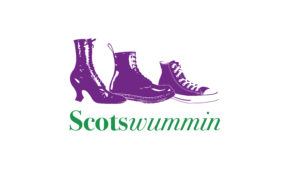Youth-led research exploring women of influence in their communities who were unrecognised or had been forgotten, both past and present.

Scotswummin was a heritage lottery funded project which YouthLink Scotland delivered in partnership with Glasgow Women’s Library between 2016-2017. This was an opportunity for 56 young people from 5 youth groups across Scotland supported by their youth workers to conduct research in their community on women of influence who were unrecognised or had been forgotten, both past and present. The 5 youth groups included Dumfries and Galloway Council, PEEK (Glasgow), Falkirk Council, Cheviot Youth (Scottish Borders) and Penicuik and District YMCA-YWCA.
Scotswummin provided an opportunity for the young people to engage with heritage through visiting local libraries, museums, searching through archives, but also a chance to engage with their community which has seen them conducting interviews with women in fashion, business, music, horse riding, those dedicating their time to charitable work. They have organised coffee mornings at the local care homes and even a tea-dance. This project has been a real celebration of the contribution women have made to their communities. This culminated in an exhibition at Glasgow Women’s Library.
As part of Scotswummin, we also produced a report about youth work’s contribution to the women’s movement since 1850. This report was produced with the help of a steering group made up of academics, representatives from the youth work sector and voluntary sector and young people.
If you're interested in hearing more about Scotswummin or any other youth-led research projects contact our Senior Policy and Research Officer Dr Amy Calder